Conservatism: A Reading List
How to Succeed in Researching Conservatism without Really Trying (To Find Anything for Yourself)
Hello everyone! I hope these last fleeting moments of December have been treating you all well. Now, you all might have gone about on your Christmas shopping already, picking up every gift you wanted for yourselves and for your families. However, for all those who are still stumped about what to read underneath the Christmas tree, I’ve decided to make a reading list about the subject I both know best and the subject the majority of you follow me for: the history of American Conservatism.
Now, for this reading list, it should be clear that I am merely only scratching the surface of the books surrounding this subject. Seeing this, I want to set up some parameters.
This list will be focusing on books about conservative thinkers, philosophers, intellectuals, activists, and some politicians. If you want to see more books about the Republican Party’s conservative wing, its conservative turn, or on the conservatism of specific American and global politicians, make a comment down below and if I get enough demand I’ll make another reading list
I have not read all of these books, though I have read at least a good portion in all of them. So readers beware if my recommendation doesn’t hold up for you
This list will primarily be centered around American conservatism, with some references to European conservatism being thrown around here and there. In the future, I hope to make reading lists focused on conservatism in Israel, Britain, France, Germany, Russia, Austria, Japan, and Brazil too.
So, without further ado: the reading list.
Histories
Rick Perlstein’s Tetralogy on Conservatism
Before the Storm, Nixonland, The Invisible Bridge, Reaganland
There isn't a better possible introduction to the history of American movement conservatism. Beautifully written, intensely researched and notably manner-of-fact, these long tomes of mellifluous prose will be titans of your book collection. Perlstein may be a man of the left, but no one leaves these books without visible scars.
Leo Ribuffo’s The Old Christian Right
A wonderful primer into the radical right's reaction to the New Deal and the recalibration of American liberalism, written by a great raconteur of American conservatism scholarship. Pivotal to anyone interested in reading about right-wing populism's forebears
George H. Nash’s The Conservative Intellectual Movement in America since 1945
Definitely a sympathetic account, but a better history of National Review, the birth of the fusionist consensus and the fight between traditionalists and war hawks has never been written. Make sure to buy the 2006 edition.
John P. Diggins’ Up From Communism
While the Trotskyist pipeline has been noted by previous historians and writers, the general trend of shifts rightward has had less serious scholarly analysis. Thankfully, this dearth isn’t necessarily criminal thanks to this great book. Focusing on Max Eastman, Will Herberg, John Dos Passos, James Burnham, this definitive take on the subject is a welcome addition for any history enjoyer’s bookshelf.
Steven Teles’ The Rise of the Conservative Legal Movement
At this juncture in American jurisprudence, where at no time since the Lochner era has the Supreme Court been so nakedly right-wing, it is crucial to understand the history that led up this moment, and Steven Teles has us covered. In this first-rate addition to the conservative historical canon, Teles provides us with detailed anecdotes and prudent research on figures and institutions like Robert Bork, The Federalist Society, and Antonin Scalia.
Lisa McGirr’s Suburban Warriors
A social history of conservative populism in Orange County, California, Suburban Warriors is the quintessential guide to how the groups of people needed to make conservatism as we know it turned the philosophy from a niche to a phenomenon. Includes some wonderful tidbits about early 60s far-right kitsch.
Kim Phillips-Fein’s Invisible Hands
Another individual of the left, that should be no issue when ingesting this wonderful work about the businessmen who, appalled by the expansions of the New Deal, funded and nurtured an intellectual and political base for a movement to destroy that legacy. Would recommend Phillips-Fein’s other book on neoliberalism and NYC in the 1970s, Fear City.
Patrick Allitt’s The Conservatives
Allitt, a longtime history professor at Emory University, is also like George Nash a man of the right. However, don’t let that dissuade you from engaging with his wonderful scholarship. One of the best living sources on Catholicism’s relationship with conservatism, Allitt’s work, highlighted here with The Conservatives, is a must-engage for anyone interested in the subject. I’ll also use this as an opportunity for plugging his magisterial Great Course The Conservative Tradition, available in its totality on YouTube.
Edmund Fawcett’s Conservatism: The Fight for a Tradition
Edmund Fawcett (actually former British Prime Minister Boris Johnson’s maternal uncle!) was a longtime correspondent for The Economist, but don’t let that magazine’s reputation for right-leaning liberalism fool you: Fawcett is no line-straddler. In this book, the accompanying volume to his earlier work (properly titled) Liberalism, Fawcett writes a generalized but even-keeled history of conservatism’s lifespan in America, Britain, France, and Germany, with a helpful index of thinkers in the back. A dense but wonderfully prosaic read, Conservatism is a needed addition to any scholar of the right’s bookshelf.
Matthew Rose’s A World After Liberalism
Now, when it comes to the farthest and most radical fringes of the Western right, there aren’t much thoroughly researched sources out there except for ones by either the authors or the fascists who admire them. Thankfully, Rose gives us a better option. Focusing on the writings of Francis Parker Yockey, Julius Evola, Oswald Spengler, Samuel Francis, and Alain de Benoist, A World After Liberalism, in less than 200 pages, provides us with an erudite and trenchant analysis of liberalism’s strongest critics. Well worth a read.
Nicole Hemmer’s Partisans
One of the scholarship’s newest additions, Nicole Hemmer has nonetheless quickly risen to one of its most popular and most fashionable public voices. And that’s for good reason. In her newest book Partisans, Hemmer writes what is, in my estimation, the best book yet written about conservatism’s general curve in the 1990s from Reaganite sunny fusionism to harsh, vindictive Gingrichian conservatism. Focusing on people like Pat Buchanan, George H.W. Bush, Newt Gingrich, and others, Partisans is a fast-paced and delightful read that will leave you educationally fully fulfilled. I would additionally recommend Hemmer’s other book on conservative talk radio, Messengers of the Right
Biographies
Sam Tanenhaus’ Whittaker Chambers: A Biography
Sam Tanenhaus is someone who should be on all of my readers’ radar. The former editor of The New York Times Book Review, Tanenhaus has some wonderful essays on this subject and a great novella of an essay that is a must-read for everyone on this Substack. While his long-awaited biography of William F. Buckley Jr. should be on everyone’s wishlist, his 1997 biography of former communist, poet, editor, and columnist Whittaker Chambers is both available and excellent. Chambers, one of conservatism’s most cherished founders, provides well worth the elongated treatment that Tanenhaus gives him here. A mixture of psychoanalysis, opera buffa, and high tragedy, all climaxing with the spy drama of the Alger Hiss affair, Whittaker Chambers is a wonderful primer into the life and work of this pivotal figure
Carl T. Bogus’ Buckley: William F. Buckley Jr. and the Rise of American Conservatism
While the biographies by John Judis and Alvin Felzenberg both have their own merits, Bogus’ try, for my money, is the best we’re gonna get until Sam Tanenhaus delivers his tome. A sharply critical but brutally honest look at National Review’s founder and greatest evangelist, I would recommend this for anyone interested as much as I am in this anachronism of a man.
Roger Morris’ Richard Milhous Nixon: The Rise of an American Politician
While there are more Nixon biographies than I can even possibly try to name in this Substack post, few try to place early Nixon in his historical moment as a conservative hero. Thankfully, this 1,000+ page magnum opus by Roger Morris proves any other opportunity at trying to go at that task futile. A masterpiece.
Edward H. Miller’s A Conspiratorial Life
Thankfully, in this Trumpian moment, we are getting more histories about the John Birch Society that treat the organization beyond a mere footnote in quackery. While Matthew Dallek’s Birchers is quite good, Edward H. Miller’s A Conspiratorial Life throws it out of the proverbial water. A look at the JBS’ founder and controversial apostle, candy magnate Robert Welch Jr., A Conspiratorial Life weaves an impeccably intricate portrait of a mind racked to the brim with paranoia. Well worth a purchase.
Joseph Crespino’s Strom Thurmond’s America
While on its face a biography of longtime U.S. Senator from South Carolina Strom Thurmond, this relatively slim but pungent analysis of midcentury Southern backlash to the Civil Rights Movement stands athwart American history and shouts “Please read me!”
Dan T. Carter’s The Politics of Rage
Probably the best biography of former Alabama Governor George Corley Wallace that we’re ever going to get, Carter’s lucid prose and haunting use of foreshadowing will lead any reader with an upturned stomach at the guttural and abhorrent undergrowths of Wallace’s politics
Donald Critchlow’s Phyllis Schlafly and Grassroots Conservatism
While paradigmatic conservative activist Phyllis Schlafly has yet to receive many biographies (though a very good Hulu miniseries does exist), Critchlow’s attempt is as satisfactory a try as we can hope for right now.
Shadia Drury’s Leo Strauss and the American Right
No autodidactic scholar of American conservatism will go more than 3 literary miles without hearing the name Leo Strauss, and for good reason. While Paul Gottfried’s account of Strauss’s influence on the right is quite stellar, it’s embracingly skewed viewpoint makes Shadia Drury the writer of the best possible entry-point into understanding Strauss’ influence.
Jennifer Burns’ Goddess of the Market
While Jennifer Burns’ recently published biography of Milton Friedman is also quite worth a read, its contemporary nature leaves Burns’ other bio about a conservative economic legend as my insert for the libertarian movement. Goddess of the Market covers author Ayn Rand and her school of fellow objectivists and how her massively influential books such as Atlas Shrugged and The Fountainhead changed a generation’s conception of individuality.
Primary Sources
Edmund Burke’s Reflections on the Revolution in France
If one wants to learn about conservatism, one has to start with Edmund Burke. The British politician and philosopher, his series of essays attacking the French Revolution and the Jacobins caused scandal among his American Revolution-supporting peers, leading to fellow Brit Thomas Paine’s rebuttal The Rights of Man. Nevertheless, it has stood the test of time as the foundational ur-text of Anglo-American conservatism, and no matter one’s political valence, it is a book all students of politics should own.
William F. Buckley Jr. and L. Brent Bozell Jr.’s McCarthy and his Enemies
While most scholars of conservatism might argue that the modern conservative movement begins with the publication of National Review, in my estimation, it all starts with McCarthyism. And no more important conservative defense of McCarthy exists than future National Review founding editors William F. Buckley Jr. and L. Brent Bozell Jr.’s McCarthy and his Enemies. While this isn’t necessarily a must-own, and it is quite hard to find a copy in print, for anyone interested in conservatism’s baby steps, it’s well worth a read.
Richard Crossman ed. The God That Failed
While authors like Louis Fischer, Richard Wright, and André Gide could in no way be considered conservatives, this collection of essays attacking their and Arthur Koestler, Ignazio Silone and Stephen Spender’s former communist pasts stands as the best book out there about anti-communism.
Friedrich Hayek’s The Road to Serfdom
While I was considering adding Hayek’s grand statement of political theory The Constitution of Liberty in this spot, I soon realized that no work of opposition to the post-WWII Keynesian consensus could be mentioned but The Road to Serfdom. Published soon after the end of the Second World War, this anti-welfare capitalism screed (thanks to the support of some wealthy reactionary entrepreneurs) soon shot up the charts to become a bestseller. While Milton Friedman’s Capitalism and Freedom, Henry Hazlitt’s Economics in One Lesson and Murray Rothbard’s Man, Economy, and State are also worth checking out for anyone interested, The Road to Serfdom remains the text on and by business’s revolt.
Whittaker Chambers’ Odyssey of a Friend: Letters to William F. Buckley Jr. 1954-1961
While Whittaker Chambers’ Witness is the more canonical text, Odyssey of a Friend is, for my money, the most revealing work available of not just Chambers’ worldview but of early conservatism. A series of annotated letters written between Chambers and William F. Buckley Jr., this delightful tome deserves a place on any literature lover’s bookshelf.
Henry Adams’ The Education of Henry Adams
While predating the modern conservative movement by almost 50 years, Henry Adams is still one of the key pre-WWII figures of the American conservative temperament. While Mont-Saint-Michel and Chartres is the best existing representation of Adams’ aesthetic philosophy and preternatural conservatism, The Education of Henry Adams, rated by Modern Library as the greatest piece of American 20th century non-fiction, is his most outstanding piece of cultural criticism. A mixture of critique, memoir, philosophy, and polemic, The Education serves as a delightful read on its own accord.
Russell Kirk’s The Conservative Mind
Russell Kirk is another key conservative thinker that any scholar of the form has to deal with. In this, his most influential text, Kirk tries to create a canon of Anglo-American conservatism, starting with Edmund Burke and running through Alexander Hamilton, John Adams, John C. Calhoun, Benjamin Disraeli, T.S. Eliot, Samuel Taylor Coleridge, Walter Bagehot, Irving Babbitt, and others. Kirk’s gifts as a theoretician and a writer make this book a lovely read no matter where your political viewpoint lands.
Richard Weaver’s Ideas Have Consequences
Another key preliminary thinker of American conservatism, Richard M. Weaver was a noted Platonist scholar and one of the South’s greatest intellectual exports. In 1948’s Ideas Have Consequences, his most famous work, Weaver polemicizes on the problems of nominalism and its degenerate effect on Western culture. A crucial work of traditionalism, Ideas Have Consequences, while horribly reactionary, still serves as a fantastic entry point into the traditionalist canon.
Peter Viereck’s Conservative Thinkers
While poet and scholar Peter Viereck would later repudiate the conservative movement he helped build, his early works on conservative philosophy and on Klemens von Metternich still serve to this day as wonderful primers on ideational conservatism. In this book, another attempt at creating a conservative canon, Viereck succinctly compacts vast arrays of conservative thought into one coherent book. A purchase well worth your mettle.
Phyllis Schlafly’s A Choice Not an Echo
The 1964 Barry Goldwater presidential campaign is a turning point in American conservatism, in every single aspect of its form. In this pamphlet, a massive bestseller in its time, conservative activist Phyllis Schlafly makes the ultimate case for Goldwaterism to the American public. A Choice Not an Echo also happens to serve as the best piece of literature on grassroots conservative populism.
James Burnham’s Suicide of the West
No intellectual conservative will go beyond one paragraph without, either intentionally or unintentionally, calling out the work of former Trotskyist and National Review columnist James Burnham. While The Managerial Revolution is Burnham’s most influential book (and definitely is worth a read by anyone interested in learning the origins of the reaction to “woke capital”), his 1966 work Suicide of the West is his most pungent attack on liberalism and all its facets. A dark and disturbing work, but interesting nonetheless.
Harry Jaffa’s Crisis of the House Divided
Harry Jaffa happened to bridge the gap between political activism and conservative intellectualism. Both a widely-renowned scholar on Abraham Lincoln and Barry Goldwater’s 1964 presidential campaign’s chief speechwriter- responsible for the infamous lines “extremism in the defense of liberty is no vice”- Jaffa’s massively influential 1959 analysis of the Lincoln-Douglas Debates Crisis of the House Divided is not on its face an openly conservative text, but its palingenetic overlook on Lincoln’s philosophy and its embrace of mythmaking turns it into an oblique but affirmative venue for understanding conservative historiography. Additionally, it also serves as a wonderful intro to West Coast Straussianism, a pivotal school of thought in the Trump era.
Allan Bloom’s The Closing of the American Mind
Originally meant as a rant reserved for the intellectual market, liberal arts scholar and philosopher Allan Bloom’s The Closing of the American Mind miraculously and stunningly turned into a national bestseller and discourse-setter. To this day, it owns a seat in the conservative canon, and is probably the go-to text on college and “political correctness”. For anyone interested in understanding conservative disgust with the culture wars, look no further than Bloom.
The Southern Agrarians’ I’ll Take My Stand
Consisting of essays by Southern poets and intellectuals like John Crowe Ransom, Robert Penn Warren, Allen Tate, Donald Davidson, and 12 others, I’ll Take My Stand from 1930 is the ultimate statement of the Southern Agrarian school’s philosophy. While not a widely copied political theory, their despise of industrialization and hagiography of pastoralism have noted influence to this day. Another foundational text in Lost Cause historiography as well.
Miscellany
Kevin Phillips’ Post-Conservative America
Kevin Phillips, who passed away earlier this year, was a critical political organizer and theoretician of the conservative movement’s rise to power, but he soon became scornful of its nature. In this piece from 1982, Phillips tracks the conservative movement’s original goals and how it, through its own post-Reagan glory, pushed those goals to the backburner. I am also using this spot to highlight all of Phillips’ books, which are well worth checking out.
Michael Lind’s Up From Conservatism
Ex-conservative confessional critiques are and never have been few and far between. From David Frum’s Dead Right to Sohrab Ahmari’s recent Tyranny Inc., there were many options for me to choose. But I knew I had to go with former Heritage Foundation fellow and heterodox liberal thinker Michael Lind’s astounding Up From Conservatism. A wide overview of the conservative movement at its time of publication in 1996, Lind’s biting attacks and take-no-prisoners approach leaves one with a wonderful aftertaste, and also serves as a great outline of the movement’s contours at its political peak.
Richard Hofstadter’s The Paranoid Style in American Politics
On its face, it doesn’t make much sense to include widely influential midcentury historian Richard Hofstadter on this list. He was never a conservative, or an ex-conservative, and this, his most famous book, is most generally a survey of populist rancor in American political history. But The Paranoid Style, written during the Goldwater movement of 1964, serves a plethora of options in understanding conservative history. Firstly, its a great insight into the shared beliefs and heartstrings of the midcentury liberal consensus, with its hatred of the fringe and of “divisiveness”. Secondly, it serves as a great aperçu of the wide span of the American conservative temperament, those instincts we’ve always shared as a nation towards fearing progress and outsiders. Lastly, Paranoid Style is just one of the best books of American history ever written. A must-own, along with all of Hofstadter’s other work. (I’m a particular fan of his 1948 collection The American Political Tradition)
Garry Wills’ Nixon Agonistes and Reagan’s America
Wills, listed by William F. Buckley Jr. as the best alumnus National Review ever produced, is a man singularly held to himself. A Goldwaterite who wrote a strong critique of Martin Luther King Jr.’s iconic Letter From a Birmingham Jail, he would eventually move far to the left into becoming not one of conservatism’s strongest critics, but American politics in general. While all of Wills’ books are necessary owns in anyone’s bookshelves, these two books, Nixon Agonistes and Reagan’s America, serve as his ultimate foray into not just conservatism as a whole, but the cultural zeitgeist that forwarded them into controlling the public conscious. Masterful pieces of literature.
Andrew Bacevich ed. American Conservatism: Reclaiming an Intellectual Tradition
Finally, to finish off this reading list, I thought I would use this space to highlight the stupendous and underrated nature of the literary anthology. While great anthologies of conservatism abound, this recently published compendium by Library of America serves as both a great introduction and as a personal favorite of mine. Including pieces by crucial thinkers I was unable to incorporate into this list like Willmoore Kendall, Frank Meyer, Frank Chodorov, Andrew Sullivan, Richard John Neuhaus, Michael Novak, Robert Nisbet, Albert Jay Nock, Irving Kristol, John T. Flynn, and Wendell Berry, American Conservatism: Reclaiming an Intellectual Tradition is an outstanding piece of anthologizing that should serve as the template for all anthologies of this deep and vast philosophy to come.





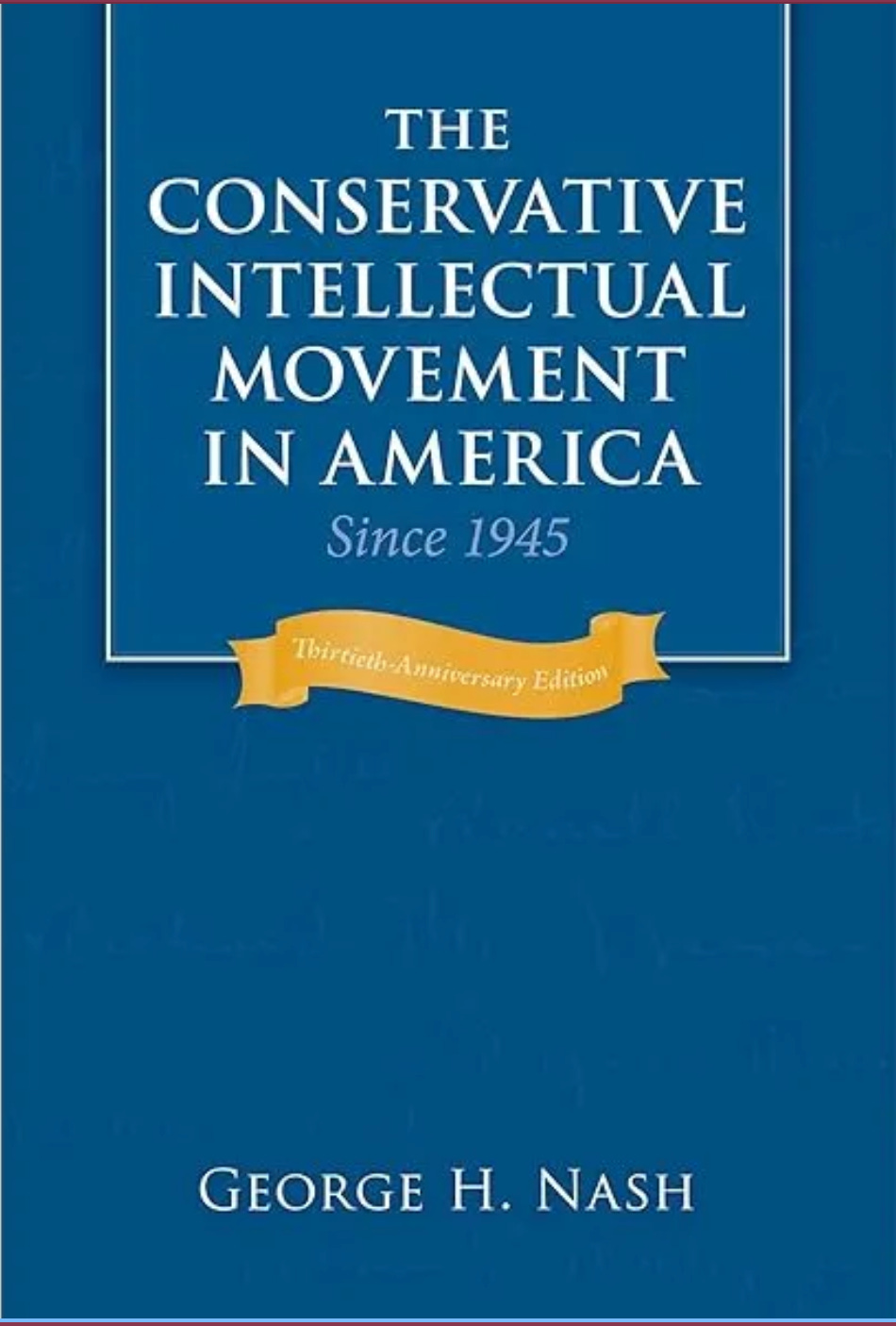
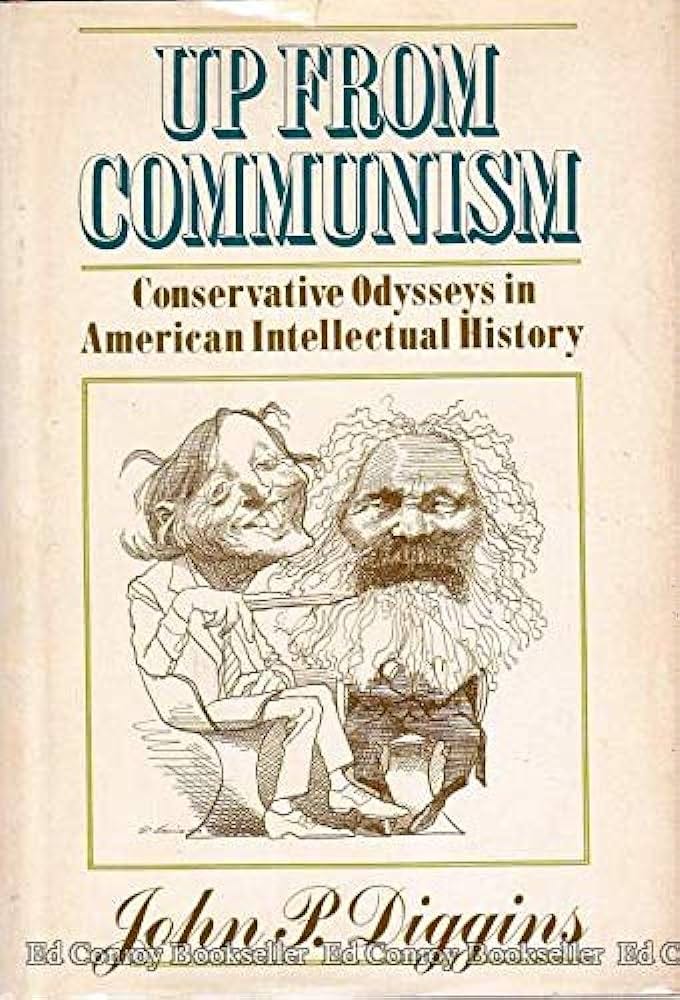
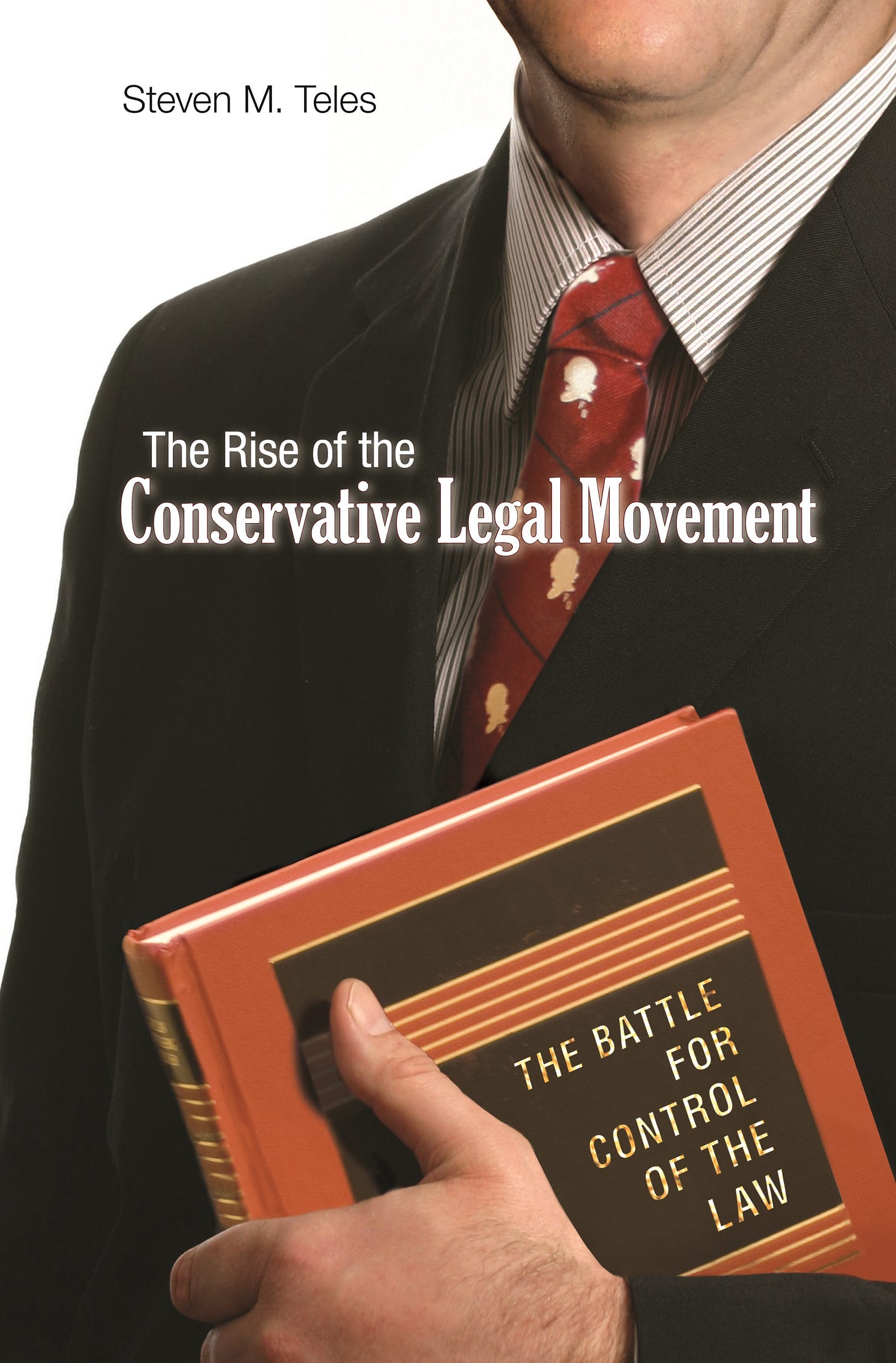
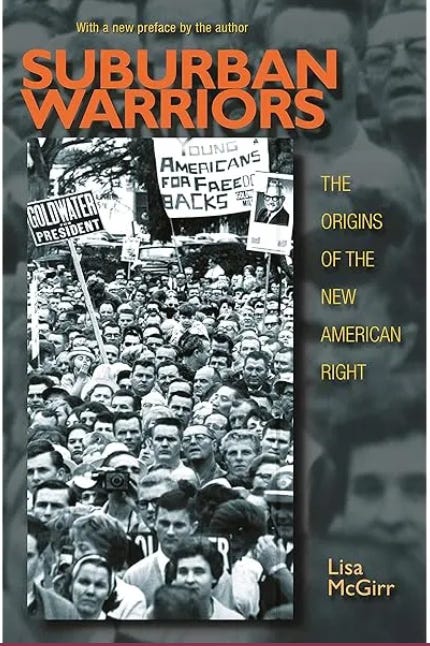
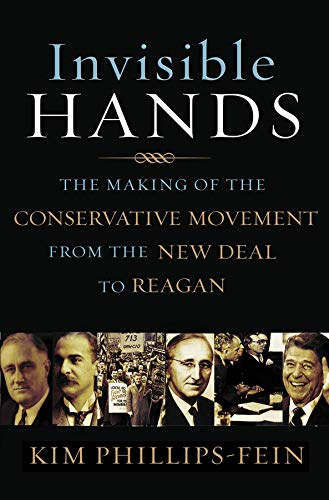
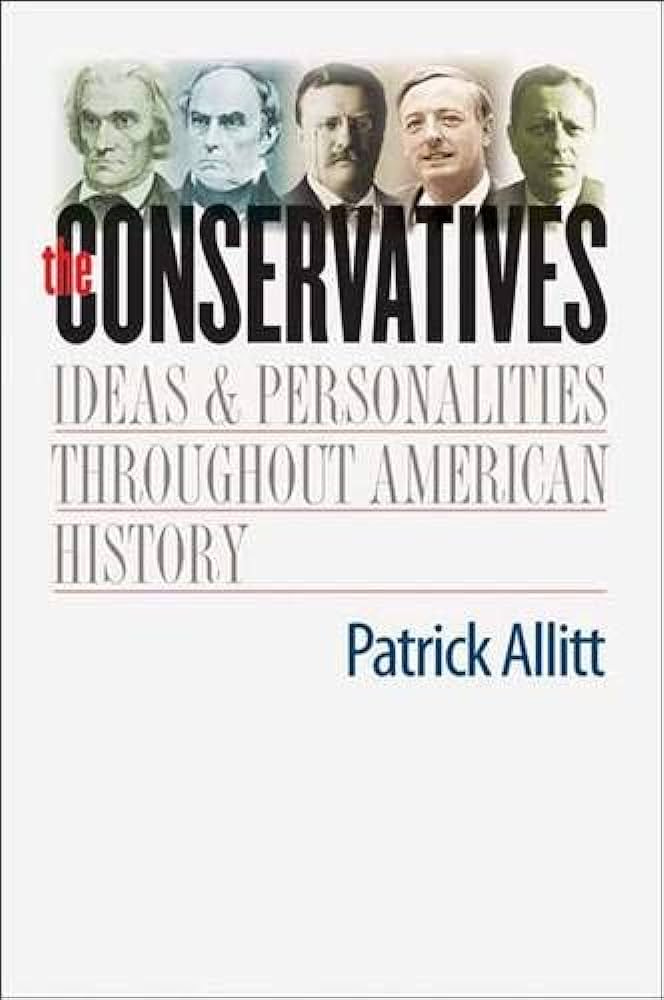

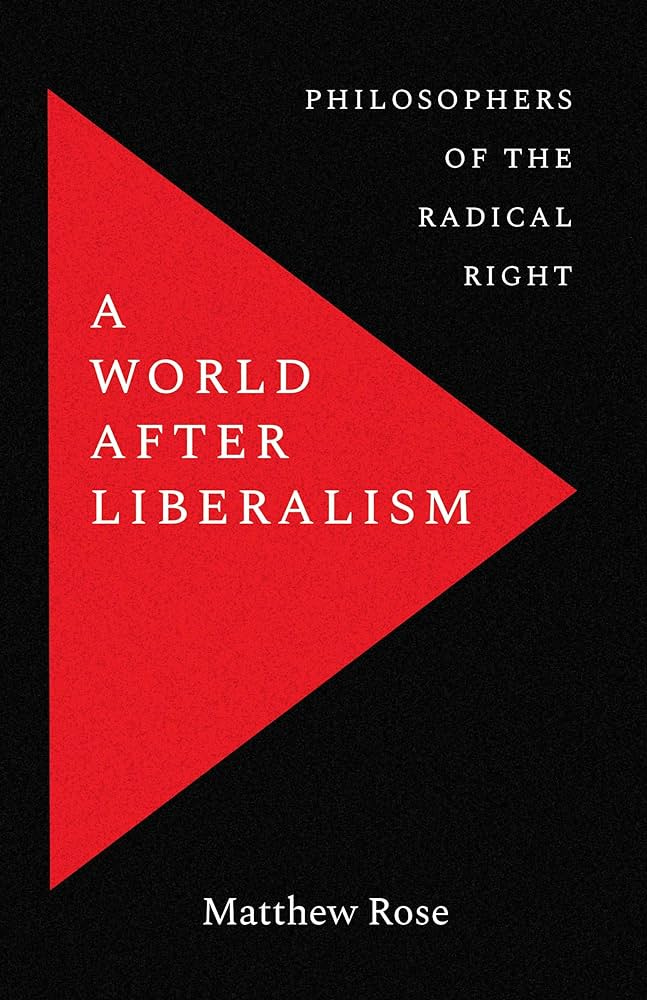

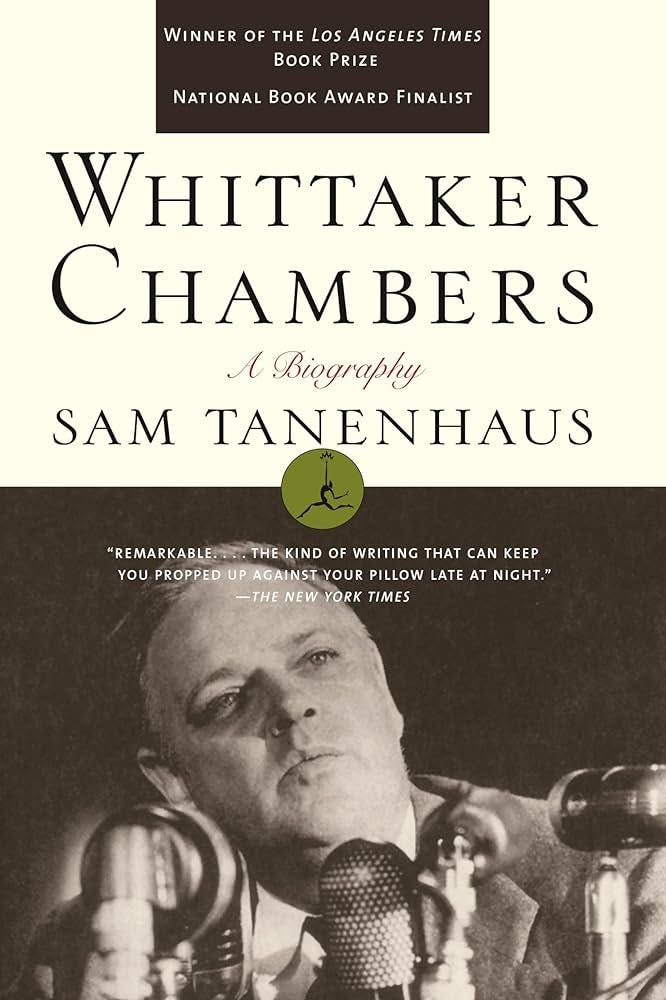
![Buckley] [By: Bogus, Carl T.] [November, 2011]: Amazon.com: Books Buckley] [By: Bogus, Carl T.] [November, 2011]: Amazon.com: Books](https://substackcdn.com/image/fetch/$s_!2Gzg!,w_1456,c_limit,f_auto,q_auto:good,fl_progressive:steep/https%3A%2F%2Fsubstack-post-media.s3.amazonaws.com%2Fpublic%2Fimages%2Fbfa628df-cff1-4494-9307-048b803201dd_658x1000.jpeg)



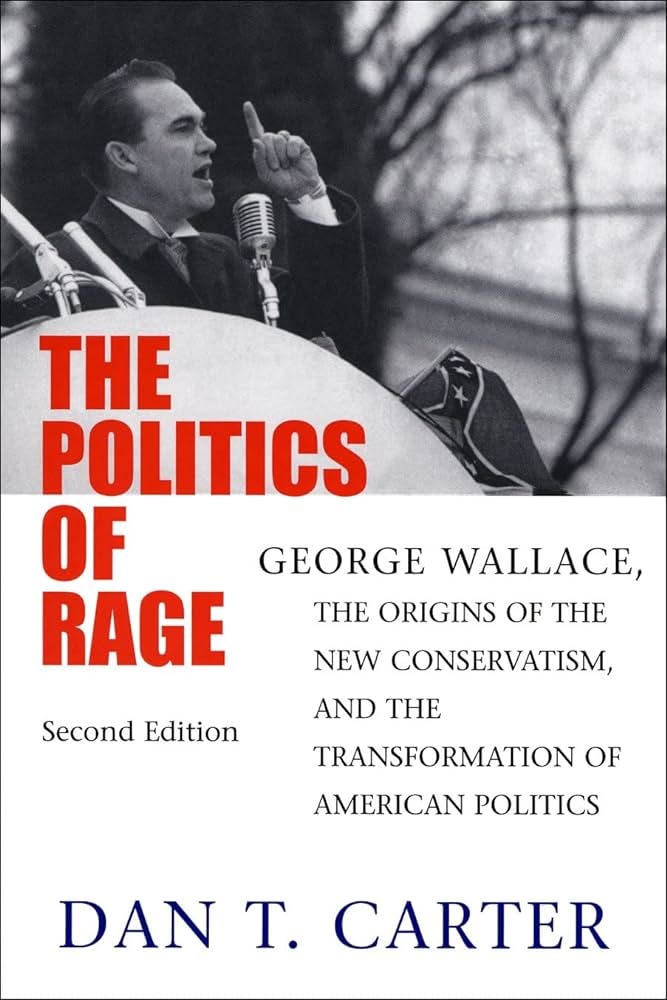
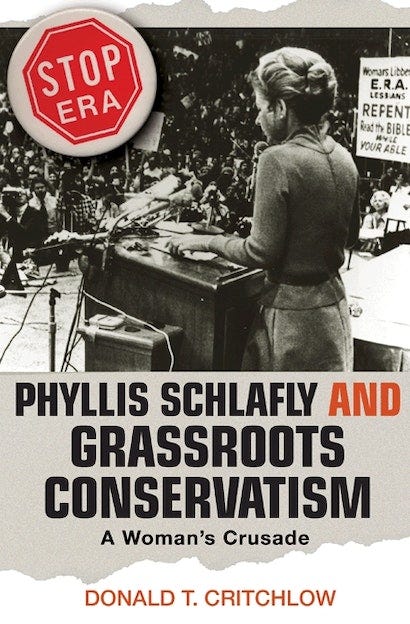
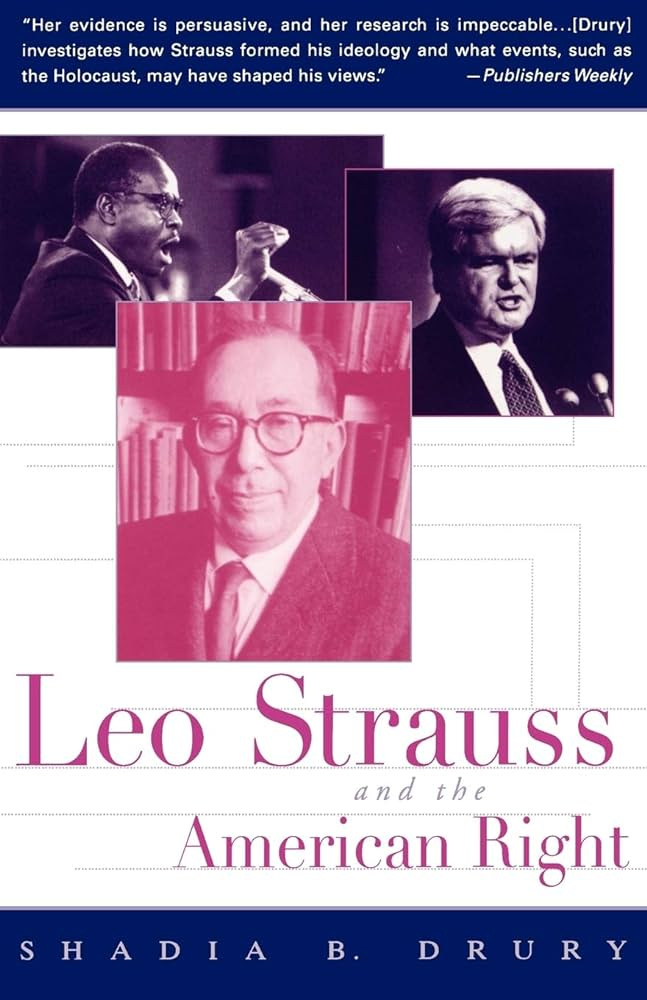
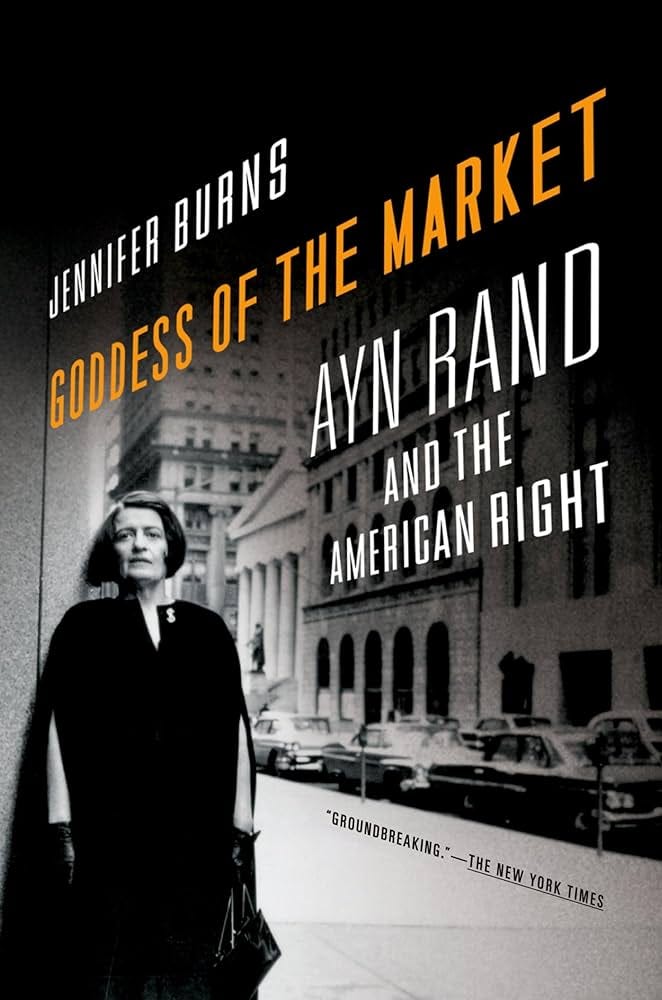
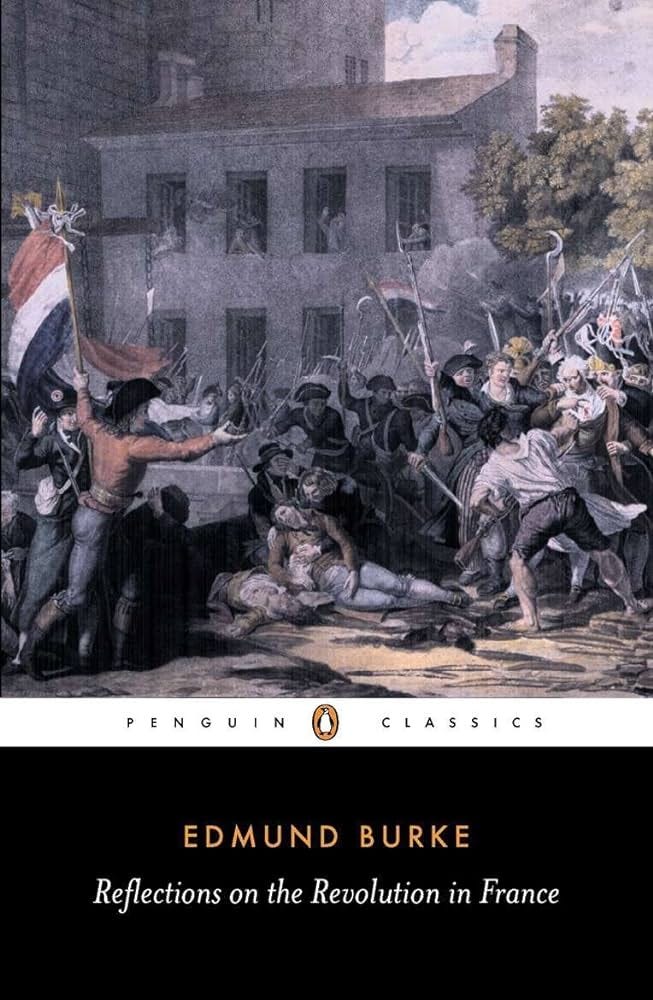
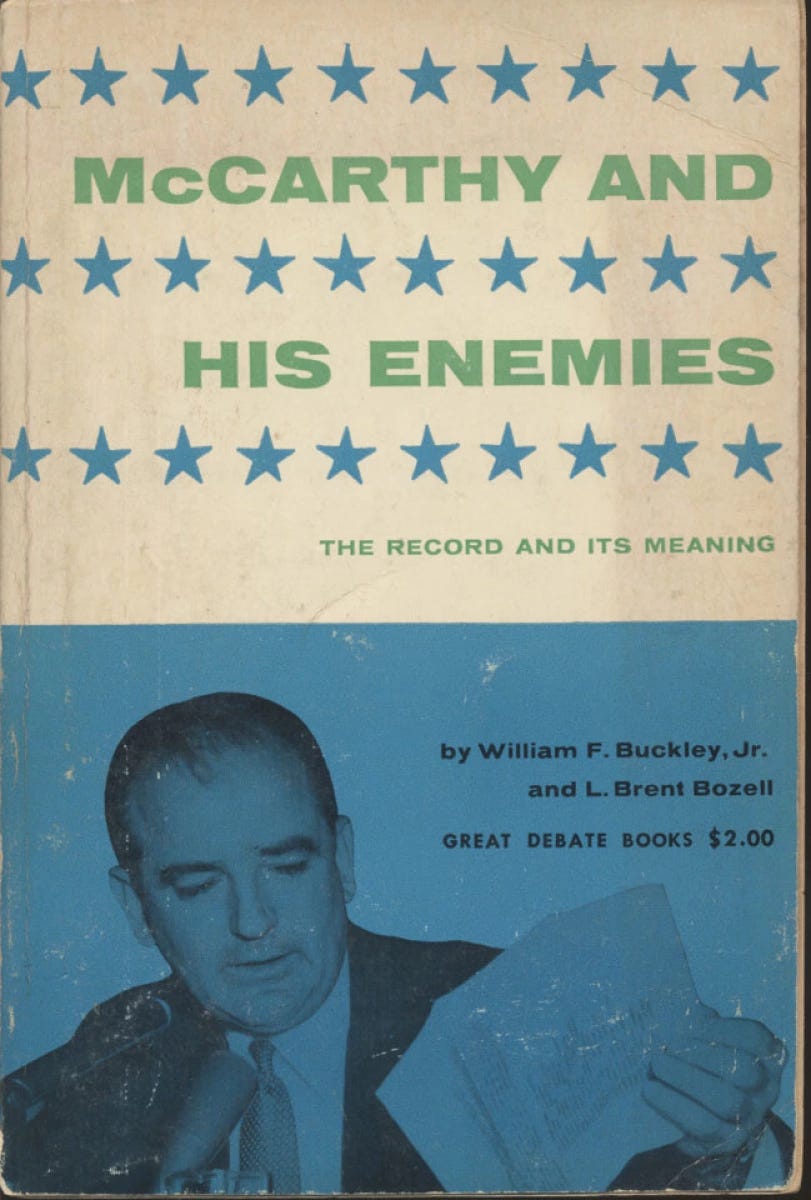
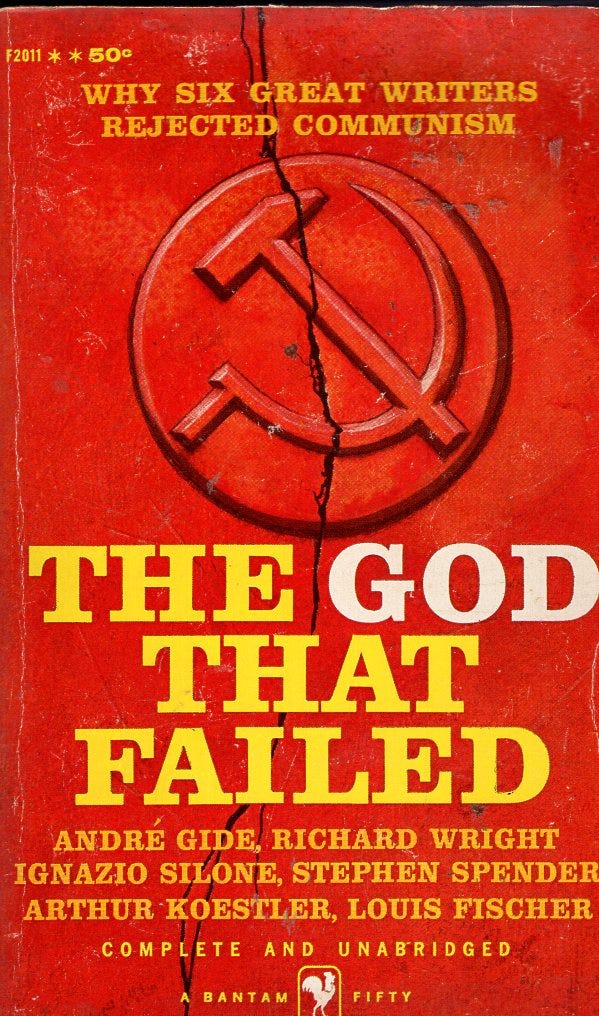
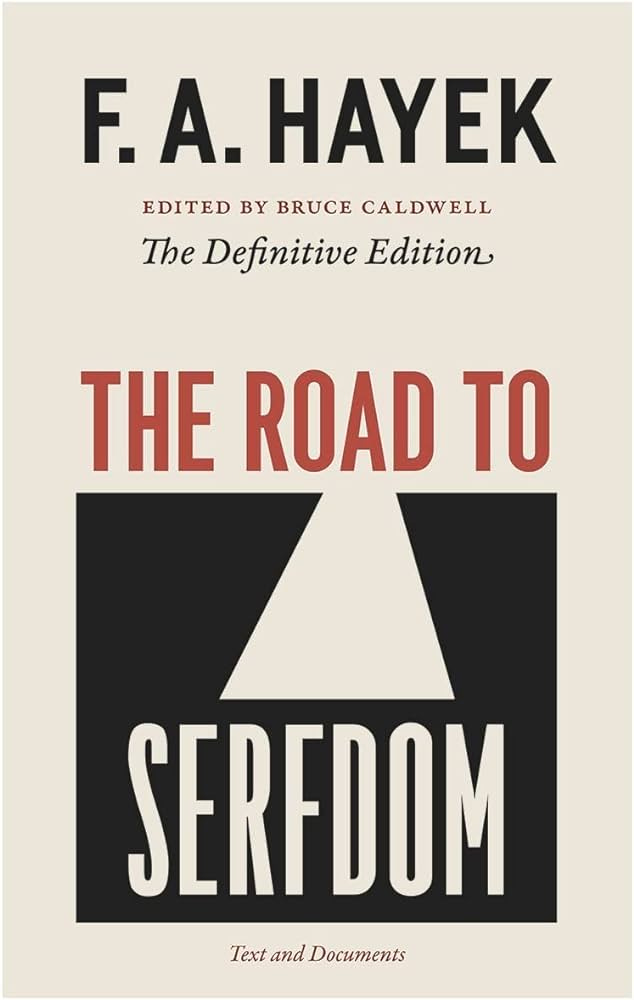
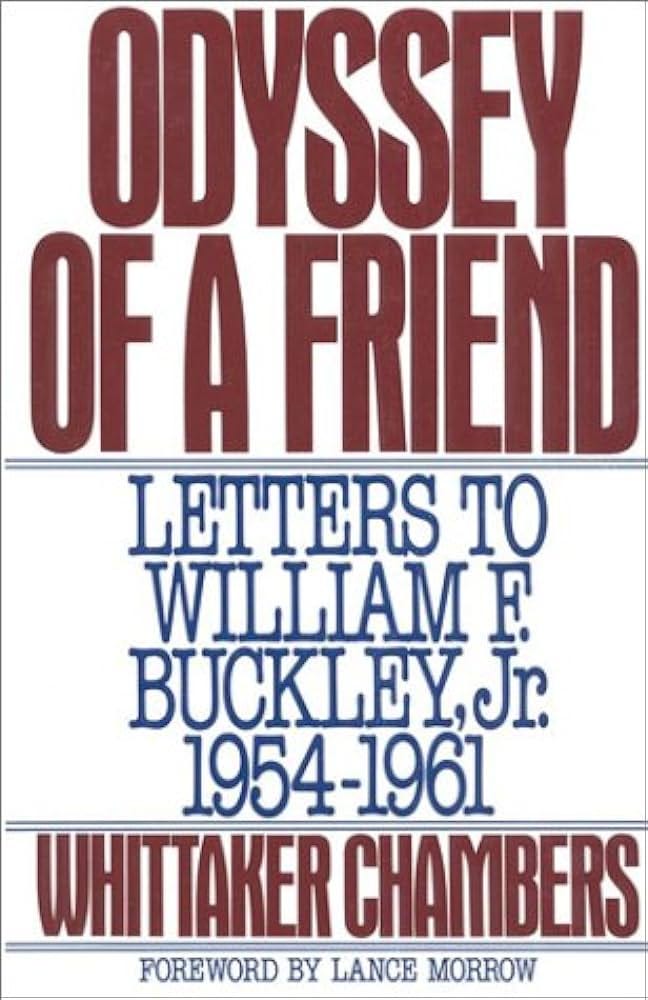
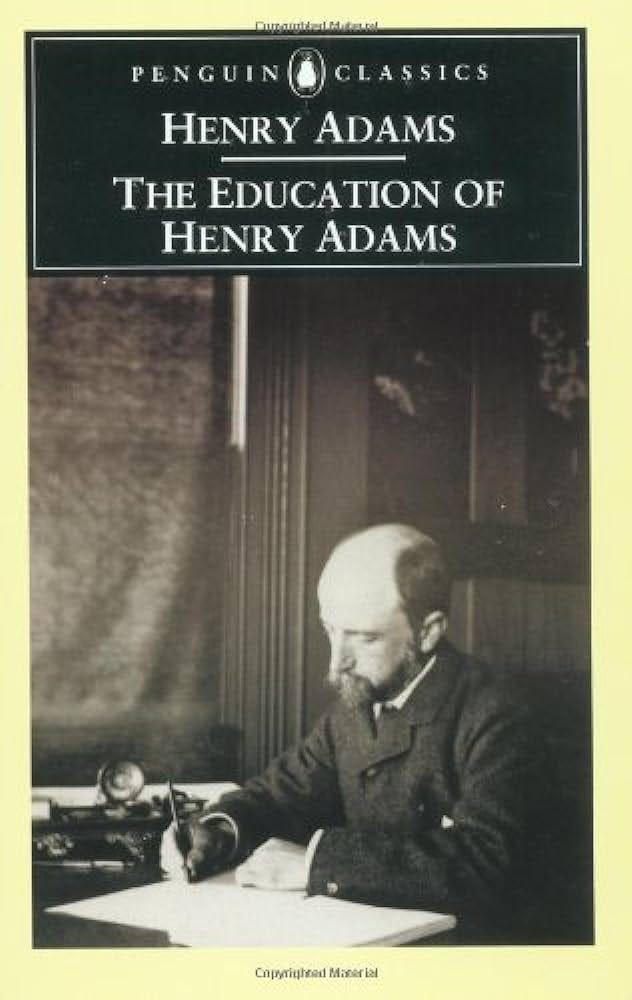


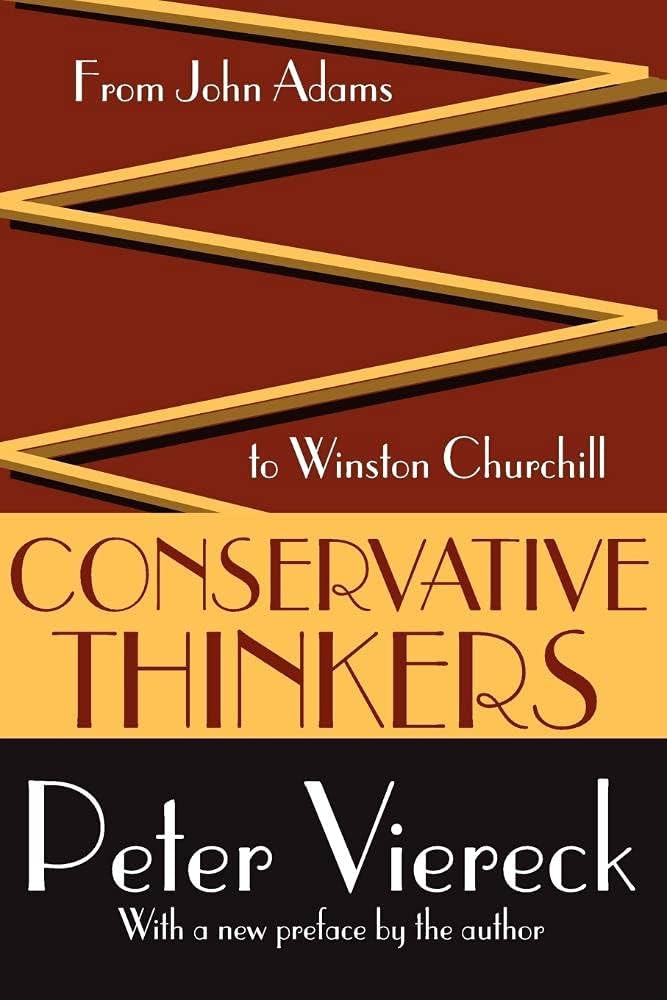


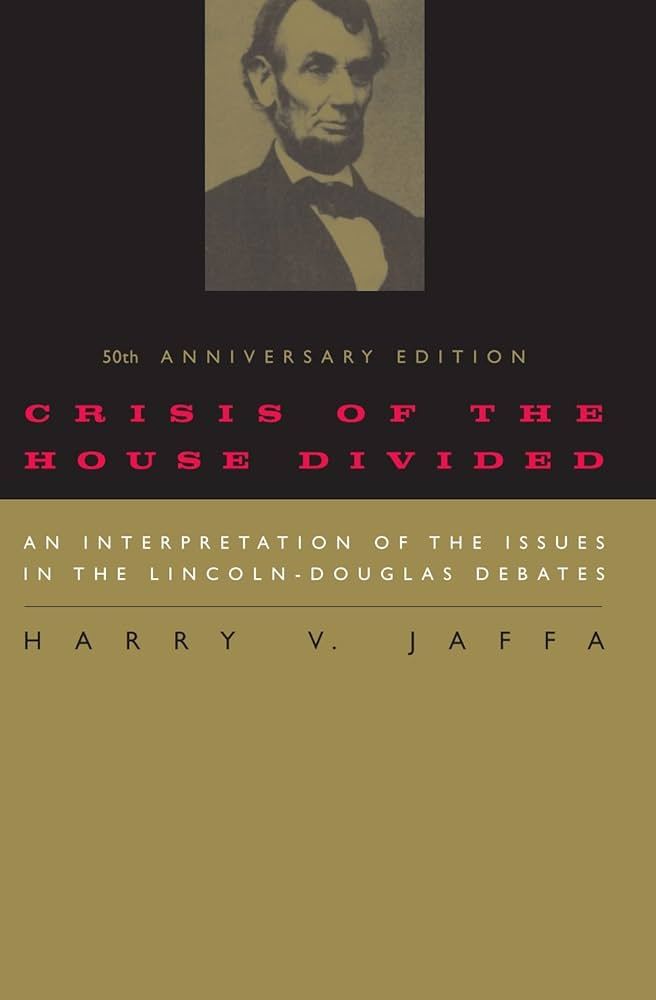


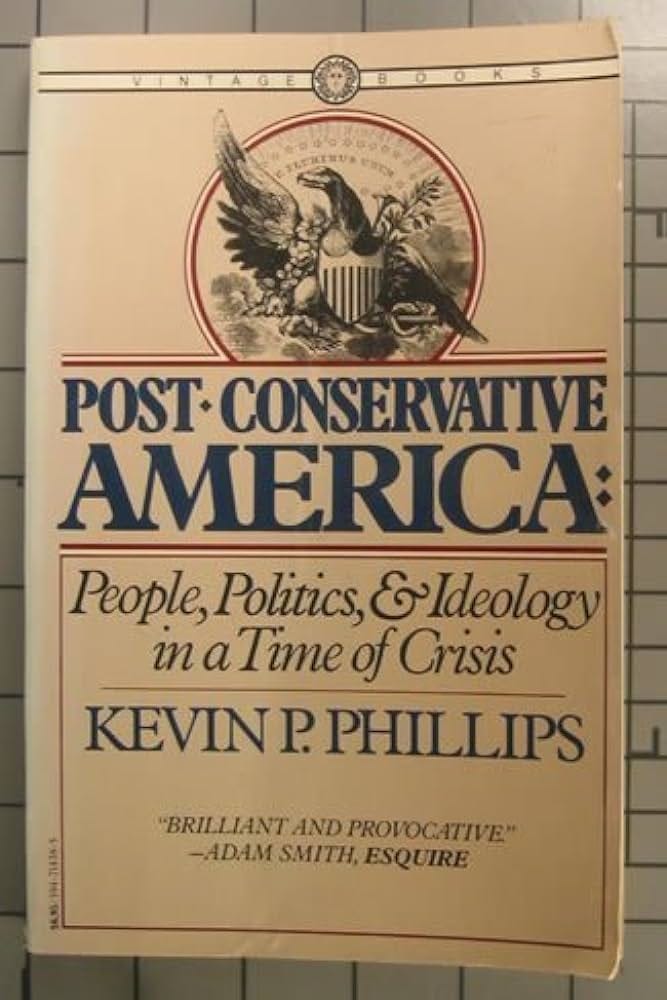
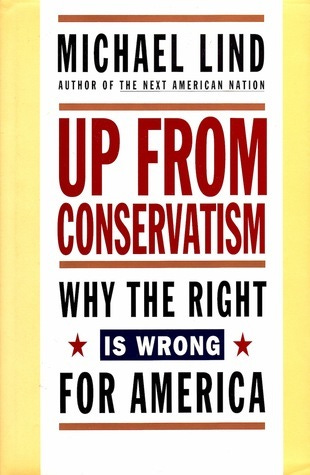
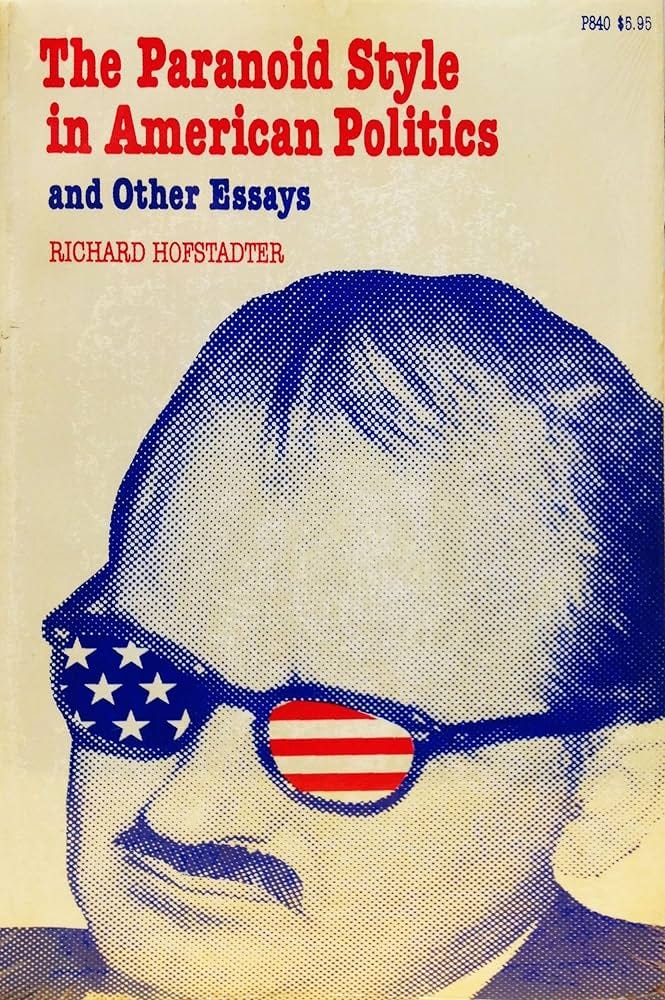
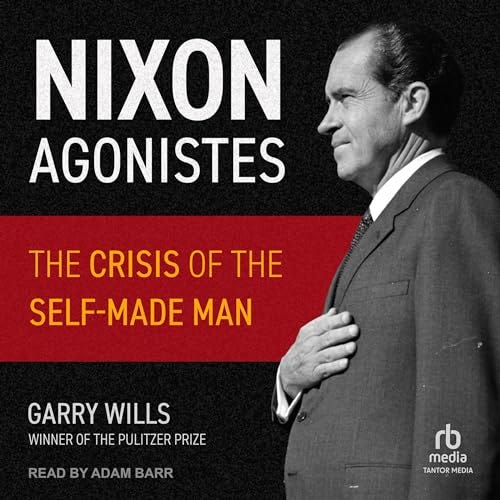


Danke for the reading list
This is great stuff! Keep up the good work 👍